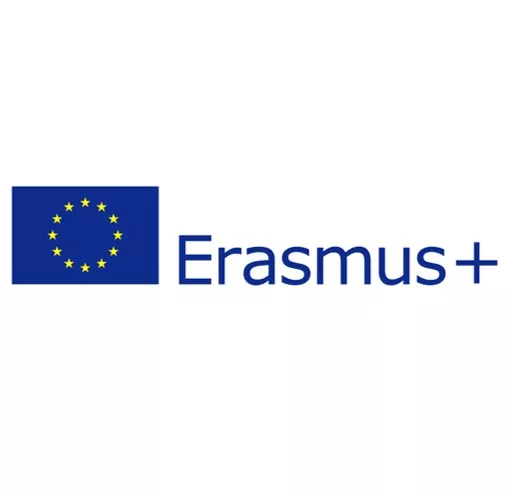Erasmus+ 2021-2027 makes it possible: learner mobilities and small partnerships in adult education

The program phase of the European programs Erasmus+ and European Solidarity Corps expired on 31.12.2020, so the funding programs enter the new term 2021-2027 with some innovations and additions.
The final decisions are still pending. The application deadlines, the exact conditions of participation and the possible funding amounts will be announced in a few weeks with the publication of the new program guide. For EPALE readers, here is a first overview of the expected changes.
The new EU programs focus on four priorities that apply to all education sectors as well as the youth sector:
- Inclusion and diversity: more inclusive and accessible funding program.
- Participation: improving active involvement in the program and in society
- Sustainability: making the funding programs sustainable and promote sustainable action
- Digitalization: promoting the use of digital tools and the development of digital skills
Project opportunities for the adult education
Key action 1: Accreditations vs. short-term projects in adult education
From 2021, the new Erasmus+ program offers organizations the possibility of a so-called accreditation as an investment in their "Erasmus future". The advantages are obvious: accreditation enables a simplified and unlimited participation throughout the entire program period. It supports the development of the respective institution, responds flexibly to the needs of the organization and creates long-term planning security for mobilities and internationalization.
Short-term projects, on the other hand, are limited in time and interesting for newcomers and small organizations. Short-term projects for the mobility of learners and staff offer applicant organizations the possibility to organize different mobility activities over a period of six to twelve months with a maximum of 30 participants. The number of such short-term projects that may be submitted during the next term is to be limited, so that an annual application should not be possible.
In the new EU program Erasmus+ 2021-2027, adult learners will be eligible, too. On the initiative of the European Parliament, the program will be expanded to provide opportunities for people with fewer opportunities to acquire everyday skills and thus better manage change. In particular, this applies to changes caused by environmental and digital transformation as well as the COVID-19 pandemic. The funding opportunities are aimed at learners participating in professional or personal development courses in the future sending organization.
Adult learners can participate in the program as early as this year, after the sending institution receives its accreditation. Even if the accredited institution had not previously foreseen sending learners, participation is possible:
- without an adaptation of the Erasmus Plan, provided that the institutional objectives of the institution already cover the support of adult learners; or
- with a non-bureaucratic update of the Erasmus Plan.
Key Action 2: Strategic Partnerships
These are cooperation projects in which organizations from different countries work on common goals. The focus is always on the mutual exchange of ideas, methods and practices and the development of innovative results. There are two different types of partnerships, differing in size and scope, called Small-scale Partnerships or Cooperation Partnerships.
Small-scale Partnerships are designed to facilitate access to the program for stakeholders and individuals who are difficult to reach in the education, training, youth, and sports sectors. With lower grant amounts for organizations, shorter durations, and simpler administrative requirements, this action aims to reach grassroots organizations and newcomers to the program, and to lower the barriers to entry for organizations with less organizational capacity into the program. This action also supports flexible formats - which mix activities of a transnational and national nature, albeit with a European dimension - so that organizations have more resources to reach people with fewer opportunities.
The primary goal of Cooperation Partnerships is to enable organizations to increase the quality and relevance of their activities, develop and strengthen their partner networks, enhance their capacity to operate jointly at the transnational level, advance the internationalization of their activities (including internationalization at home), exchange ideas, and in the process develop new practices and methodologies that come about through the exchange. The results should be reusable and transferable and, if possible, have a strong transdisciplinary dimension. The selected projects are expected to share the results of their activities at local, regional and national levels.
All information will be published on the European Commission website in due time.
Adult education institutions and stakeholders can contact their respective National Agency, contact details by country can be found here.




